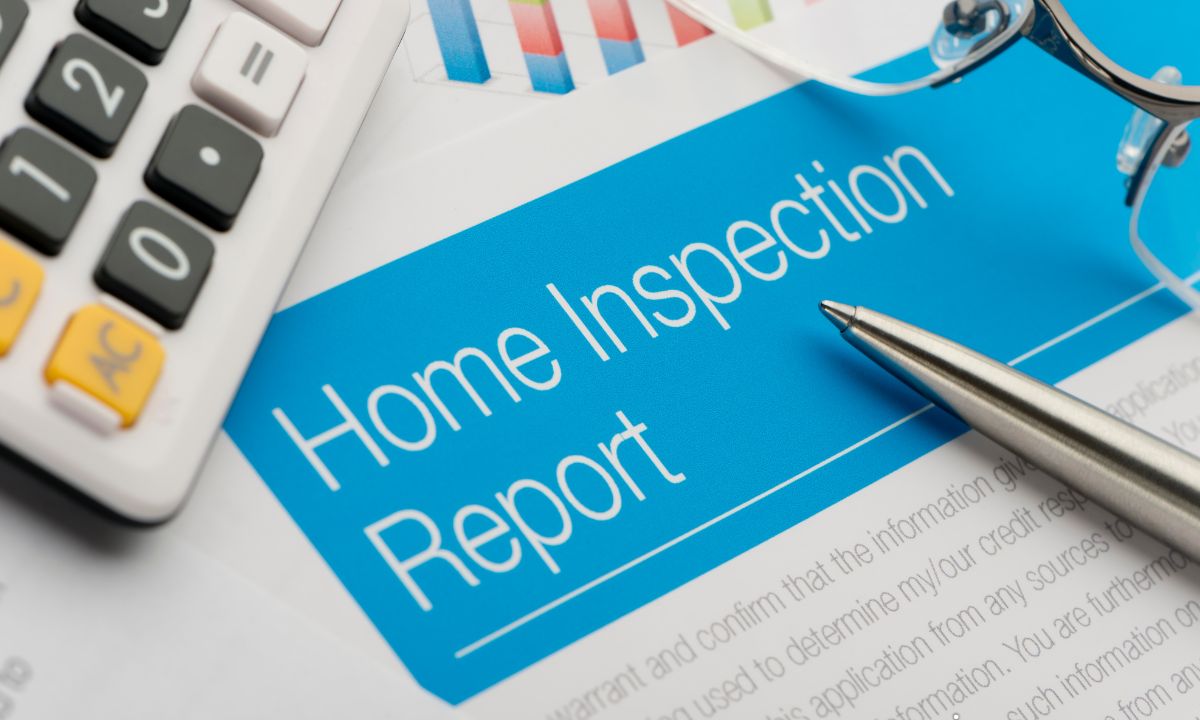 Most independent rental property owners in the U.S. reportedly work another job on top of being a landlord. That means the overwhelming majority of landlords are attempting to juggle more than they can handle at times. However, there are organizational and strategic concepts that can maximize efficiency and profitability.
Most independent rental property owners in the U.S. reportedly work another job on top of being a landlord. That means the overwhelming majority of landlords are attempting to juggle more than they can handle at times. However, there are organizational and strategic concepts that can maximize efficiency and profitability.
Consider the following tips that bring property management tasks under three basic headings: organization, automation, and outsourcing.
Organization Matters
One of the things that tends to overwhelm landlords is thinking about the rental properties as an extension of home ownership. The rental seems like it involves many of the same tasks such as maintenance and repair.
By rethinking rentals in terms of a small business, the way these and other tasks are approached can become radically different. If this were a Mom-and-Pop store or a corporation, the necessary resources would be brought in to handle niche labor. Organize all of the tasks that the rental unit(s) require under categories that may include the following.
- Rental Advertising
- Applicant Interviews
- Background Checks
- Legal Documents (leases)
- Maintenance and Repairs
- Rent Collection and Bill Paying
Automation Matters
Industries across the globe are moving to automation as a way to increase productivity and lower costs. There is no reason that landlords working other jobs cannot do the same.
While fixing a burst pipe may not be a good candidate for automation, there are numerous tasks property owners undertake that no longer require valuable time.
- Advertising: Consider a process where an online advertisement is pre-written and posted when a lease expires.
- Rental Payments: Consider automatic withdrawal from tenant accounts or having them direct deposit.
- Bill Payment: Consider auto pay for every possible facet of the property, including utilities, taxes, insurance, mortgage, and others.
- Maintenance and Repair: Consider an online form for tenants to fill out that provides real-time notification.
These and other tools can streamline the amount of time required to manage a rental property without incurring significant expenses.
Outsourcing Matters
People who work regular jobs and also manage rental properties are entrepreneurs by nature. That go-getter personality leads many to take on more tasks than there is time in the day. That’s why outsourcing is so important.
Outsourcing things like accounting or legal services are no-brainer because they require specialized knowledge. But other tasks such as applications, background checks, and maintenance may be good things to put on someone else’s plate as well.
As noted at the beginning of this article, if a small business mindset were applied, many of these tasks would be assigned to a designated resource. Consider operating rental units in this fashion by running a cost analysis and outsourcing.
If you’re ready to invest in a rental property, contact your trusted real estate professional who can point you to the hottest markets in your area.
 Join us as we navigate through the common queries that may emerge throughout your mortgage journey. Remember, your quest for homeownership should be illuminated with comprehension and direction. Let’s discuss the primary 4 mortgage inquiries and decode the secrets to unlocking the gateway to your ideal home.
Join us as we navigate through the common queries that may emerge throughout your mortgage journey. Remember, your quest for homeownership should be illuminated with comprehension and direction. Let’s discuss the primary 4 mortgage inquiries and decode the secrets to unlocking the gateway to your ideal home.
 Are you tired of pouring your hard-earned money into rent payments every month, only to see it vanish into thin air? Have you ever considered that homeownership might be the key to escaping the rent trap and building wealth for your future? We will explore how homeownership can be a powerful wealth-building tool compared to renting.
Are you tired of pouring your hard-earned money into rent payments every month, only to see it vanish into thin air? Have you ever considered that homeownership might be the key to escaping the rent trap and building wealth for your future? We will explore how homeownership can be a powerful wealth-building tool compared to renting. So, you’ve found your dream home, made an offer, and had the home inspection done. But wait—what happens next? For many homebuyers, negotiating repairs after a home inspection can be a daunting task. However, with the right approach and some negotiation skills, you can ensure that your new home is in tip-top shape without breaking the bank.
So, you’ve found your dream home, made an offer, and had the home inspection done. But wait—what happens next? For many homebuyers, negotiating repairs after a home inspection can be a daunting task. However, with the right approach and some negotiation skills, you can ensure that your new home is in tip-top shape without breaking the bank. So, you’ve decided to take the plunge into homeownership – congratulations! One of the most critical aspects of buying a home is figuring out your down payment. It’s a significant financial commitment that can shape your home-buying journey. But fear not! There are various down payment options available to suit different financial situations and goals. Let’s explore them together.
So, you’ve decided to take the plunge into homeownership – congratulations! One of the most critical aspects of buying a home is figuring out your down payment. It’s a significant financial commitment that can shape your home-buying journey. But fear not! There are various down payment options available to suit different financial situations and goals. Let’s explore them together. When you’re in the market for a new home, you’re not just buying a piece of property. You’re investing in a community, its amenities, and its future. One of the most significant factors influencing property values is the quality of nearby schools. Whether you have school-aged children or not, the impact of schools on property values is undeniable. Let’s delve into how schools influence property values and what it means for prospective homebuyers.
When you’re in the market for a new home, you’re not just buying a piece of property. You’re investing in a community, its amenities, and its future. One of the most significant factors influencing property values is the quality of nearby schools. Whether you have school-aged children or not, the impact of schools on property values is undeniable. Let’s delve into how schools influence property values and what it means for prospective homebuyers. As expected from the prior inflation reports with CPI and PPI, the PCE index had also shown the same corollary among its data points, reporting a higher than expected increase for the month of February across all products.
As expected from the prior inflation reports with CPI and PPI, the PCE index had also shown the same corollary among its data points, reporting a higher than expected increase for the month of February across all products. For new investors venturing into the dynamic world of real estate, the prospect of finding the perfect investment can be both exciting and daunting. While established neighborhoods often seem like the safest bet, emerging neighborhoods can offer untapped potential and higher returns for those with a keen eye. We will look into the art of spotting real estate investment opportunities in emerging neighborhoods, tailored specifically for new investors looking to make their mark in the industry.
For new investors venturing into the dynamic world of real estate, the prospect of finding the perfect investment can be both exciting and daunting. While established neighborhoods often seem like the safest bet, emerging neighborhoods can offer untapped potential and higher returns for those with a keen eye. We will look into the art of spotting real estate investment opportunities in emerging neighborhoods, tailored specifically for new investors looking to make their mark in the industry. Obtaining a mortgage can seem to be filled with perplexing terms and concepts. Don’t worry, though – we’re here to decode the complexities and make it easy for you to navigate the mortgage landscape with confidence. Let’s break down some of the most common and confusing terms in simple, easy-to-understand language.
Obtaining a mortgage can seem to be filled with perplexing terms and concepts. Don’t worry, though – we’re here to decode the complexities and make it easy for you to navigate the mortgage landscape with confidence. Let’s break down some of the most common and confusing terms in simple, easy-to-understand language.